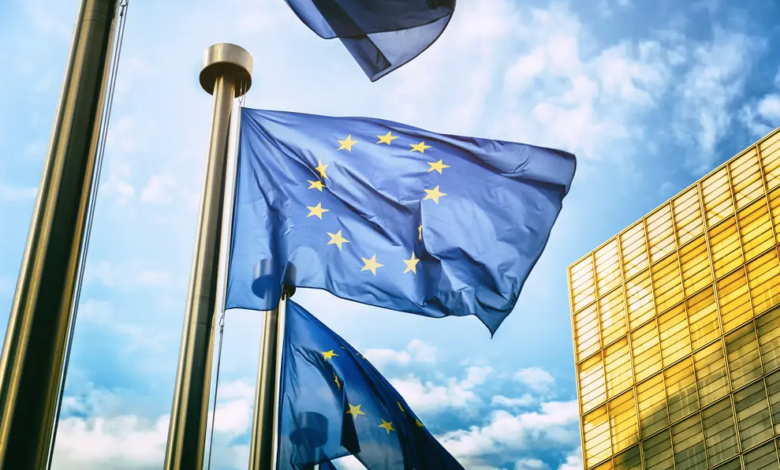Nuclear hydrogen blows up EU understanding on climate diplomacy
New arm-twisting on EU climate diplomacy
(sustainabilityenvironment.com) – COP28 on climate change in Dubai is just over eight months away, but the European understanding of the EU’s role in the forthcoming negotiations does not seem so strong. Threatening the unitary vision would seem to be one of the most divisive energy issues currently: “nuclear hydrogen“. According to reports from Reuters, in fact, the last Foreign Affairs Council, held yesterday in Brussels, failed to adopt the new conclusions on energy and climate diplomacy precisely because of internal disputes over the atom.
This is a major issue. The text would be a sort of update of the “EU climate diplomacy: accelerating the implementation of the Glasgow results“, adopted by the Council of the European Union in February 2022 after the COP26 on climate change. Document 2022 stressed the importance of the EU’s involvement with third countries to accelerate the implementation of the UN Summit results. It also stipulated that the Union and the Member States, in a joint approach of Team Europe, would engage with partners around the world to address the challenges related to such implementation, continuing to provide a sustainable, green and positive offer for development “of a reliable digital energy and climate change resilient infrastructure”. And by promoting the abandonment of coal and funding for fossil fuels.
Nuclear hydrogen or green?
But the situation has changed considerably since February. After COP 27 in Sharm el-Sheikh in November 2022 and the impact of the Russian war against Ukraine, he called for an update on the EU’s diplomatic priorities. In fact, the new text would have been adopted almost in its entirety and European officials are confident that they will bring home an agreement in the coming days.
read also Hydrogen Renewable energy: 30% of global projects are in Europe but investments are lame
The knot to untie remains the role of nuclear energy that has inevitably split the bloc. More specifically, the problem would be whether or not to include in the text of the conclusions an explicit promotion of low-carbon hydrogen – the number one representative of which is the H2 obtained from nuclear power plants – or concentrate only on the green one. On the one hand, there is, of course, France, which, together with other countries, is calling for Community policies to promote its contribution to decarbonization strategies; on the other hand, Member States such as Germany and Spain which believe that the energy of the atom can weaken and divert efforts to grow renewable energy.






